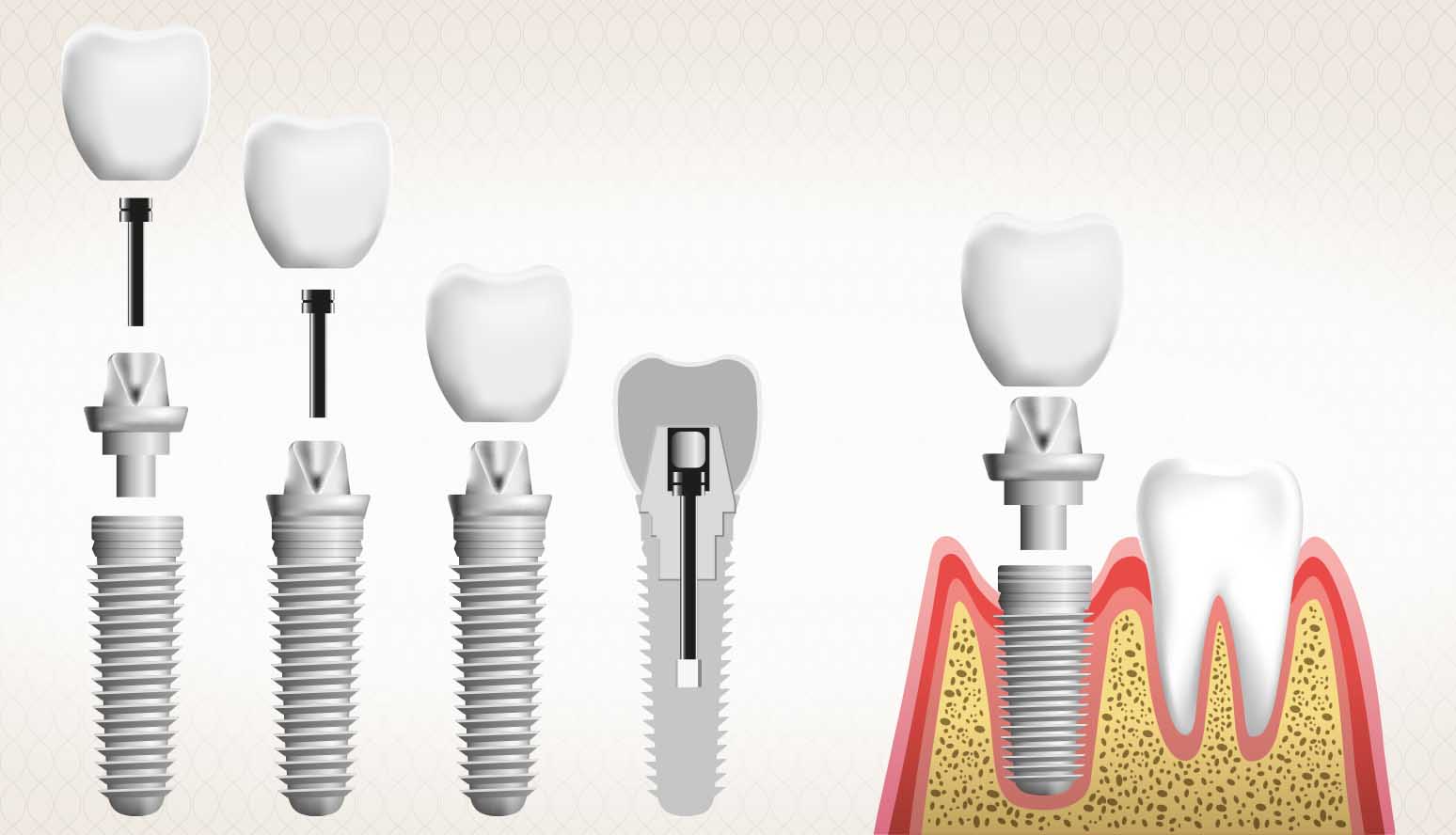Dental implant surgery is a significant procedure that can help restore your smile and improve your oral health. It involves the placement of artificial tooth roots into your jawbone, providing a strong foundation for replacement teeth. While the dental implants Auckland surgery itself is essential, the recovery process is equally crucial for successful outcomes.
In this blog post, we will provide you with five valuable tips to ensure a speedy and comfortable recovery after dental implant surgery.
1. Follow Your Dentist’s Post-Surgery Instructions
One of the most critical aspects of a successful recovery is to follow your dentist’s post-surgery instructions diligently. Your dentist will provide you with specific guidelines tailored to your unique situation. These instructions may include proper oral hygiene practices, taking prescribed medications, and attending follow-up appointments.
Proper oral hygiene practices are essential to prevent infection and promote healing. During the initial healing phase, you may be advised to avoid brushing the surgical site but instead, rinse your mouth with a recommended mouthwash. As you progress in your recovery, your dentist will guide you on when to resume brushing and flossing.
Taking prescribed medications, such as antibiotics and pain relievers, as directed by your dentist, will help manage discomfort and prevent infection. It is crucial to complete the full course of antibiotics to ensure optimal healing.
Attending follow-up dental implants Auckland appointments allows your dentist to monitor your progress and address any concerns or complications promptly. These appointments are essential for assessing the success of the implant integration and making any necessary adjustments.
2. Manage Discomfort with Cold Compresses
After dental implant surgery, it is common to experience some swelling and discomfort. Cold compresses can be a valuable tool in managing these symptoms. Applying a cold compress to your face near the surgical area can help reduce inflammation and alleviate pain.
To effectively use cold compresses, wrap a cloth or towel around an ice pack or a bag of frozen vegetables. Apply the compress to your face for about 15 minutes, then remove it for 15 minutes, and repeat as needed. This technique helps prevent damage to your skin from prolonged exposure to cold temperatures.
Remember to be gentle when applying the cold compress and avoid placing direct pressure on the surgical site. By using cold compresses as directed, you can minimise swelling and discomfort, promoting a smoother recovery process.

3. Choose Soft Foods for Gentle Eating
During the initial stages of recovery, it is crucial to choose soft foods that are easy to chew and won’t cause discomfort or damage to the surgical area. Opting for soft foods will allow your mouth to heal without placing undue stress on the implant site.
There is a wide variety of soft foods that you can enjoy during your recovery period. Consider incorporating options such as soups, smoothies, mashed potatoes, yogurt, and scrambled eggs into your diet. These foods are gentle on your healing mouth while still providing essential nutrients for your body.
Avoiding hard or crunchy foods is crucial during the recovery process, as they can potentially disrupt the healing implant. It is best to temporarily stay away from foods like nuts, chips, raw vegetables, and tough meats until your dentist gives you the green light to resume a regular diet.
4. Stay Hydrated and Avoid Alcohol
Staying hydrated is vital for your overall health and plays a significant role in the recovery process. Drinking an adequate amount of water helps promote healing and prevents complications. Aim to drink at least eight glasses of water daily, or as advised by your dentist.
While it is essential to stay hydrated, it is equally crucial to avoid alcohol during your recovery period. Alcohol can have negative effects on the healing process, including impairing your body’s ability to heal efficiently, increasing the risk of infection, and interfering with medications you may be taking.
5. Take It Easy and Rest
Rest is a crucial component of a speedy recovery after dental implant surgery. Your body needs time to heal, and overexertion can hinder the healing process. It is essential to listen to your body and take the necessary time off work or limit physical activities that could strain your healing mouth.
Plan to have some downtime after the surgery to allow your body to recover. Avoid strenuous activities, heavy lifting, and intense exercise until your dentist advises it is safe to resume these activities. Resting and allowing your body to heal will contribute significantly to a smoother and faster recovery.
Conclusion
Recovering from dental implant surgery requires proper care and attention. By following these five tips – following your dentist’s post-surgery instructions, managing discomfort with cold compresses, choosing soft foods, staying hydrated, and taking it easy and resting – you can ensure a comfortable and speedy recovery process.
Remember, each individual’s recovery may vary, and it is crucial to consult with your dentist for personalised advice. By taking these steps to promote healing, you will soon be able to enjoy the benefits of your dental implants Auckland and regain your confident smile.

